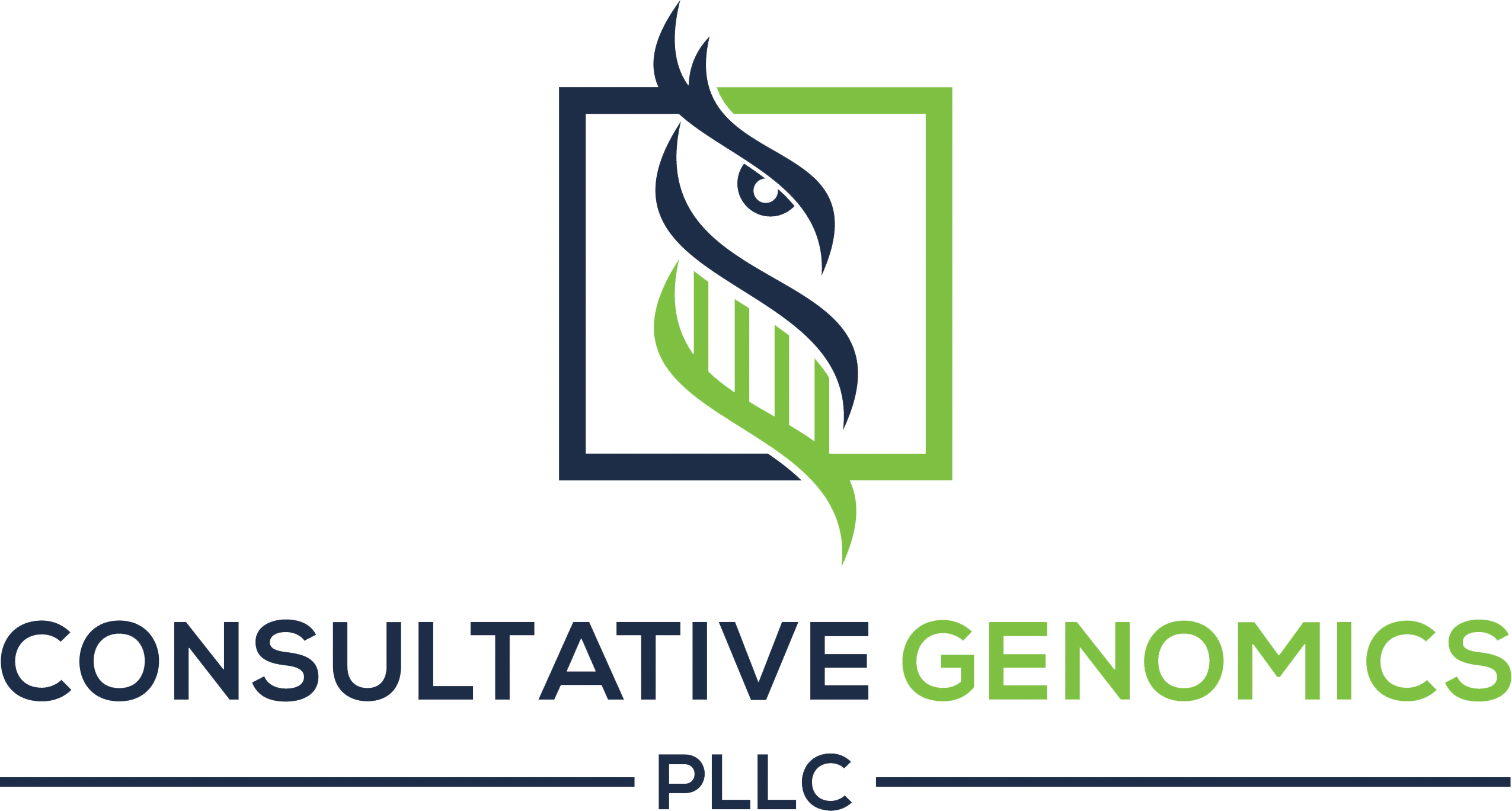Carrier Screening Testing
Because Knowing More Matters
Most individuals carry alterations in genes, and children are born with inherited conditions, even when these conditions don’t run in their family. This occurs because each parent without the disease carries only one abnormal copy of a gene for the same inherited condition, and their child inherits both abnormal copies of a gene from each parent. This is called recessive inheritance. If both parents are carriers, there is a 25% chance (1 in 4) they will have a child with a recessive condition.
Carrier screening refers to a genetic test used to determine whether an otherwise healthy person might be a carrier of a genetic disease. It provides individuals with actionable knowledge used to consider their range of reproductive options. Ultimately, the goal of genetic screening is to provide individuals with meaningful information that they can use to guide family planning based on their personal values.
Request Test
Finding out Early Whether a Patient Is Prone to a Harmful Genetic Condition Could Save a Life.
There are many effective strategies for carrier screening, including targeted screening for specific conditions (based on ethnicity and family history) and expanded screening to detect multiple conditions simultaneously.
Carrier Screening Testing Might Be Right for:
• Women who are pregnant or planning to become pregnant.
• Individuals with family histories and ethnic backgrounds that might predispose them to a harmful genetic
condition.
• Individuals with a positive family history of a specific genetic condition.
Early screening—even for seemingly healthy individuals—offers many advantages. Carrier screening can help a couple determine if they are carriers of the same recessive disease trait and are at risk for having children with that recessive condition. If both parents are determined to be carriers of mutations for the same disease, several options are available:
• In vitro fertilization (IVF) with preimplantation genetic diagnosis (PGD), which can screen embryos and to
select the embryos that are not affected by the genetic disorder before that embryo is transferred into the
mother’s uterus.
• For many diseases, knowing your child could be affected makes it easier to plan for medical
intervention/treatment at birth.
• Empower your doctor to line up the right medical specialists, and may improve follow-up care and screening
of one’s close relatives.
More
Privacy Policy
Compliance
Contact
25003 Pitkin Rd,
Ste F-300 & F-600
Spring, TX 77386
+1 (866) 648-1117
All Rights Reserved 2021
More
Privacy Policy
Compliance
Contact
25003 Pitkin Rd,
Ste F-300 & F-600
Spring, TX 77386
+1 (866) 648-1117
